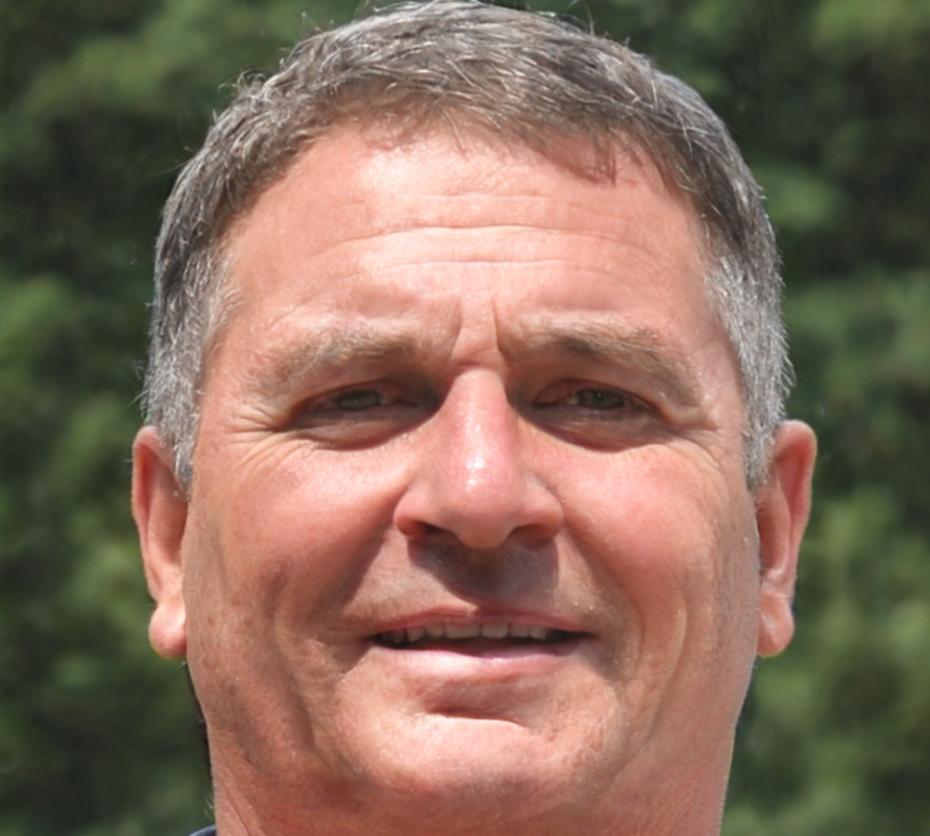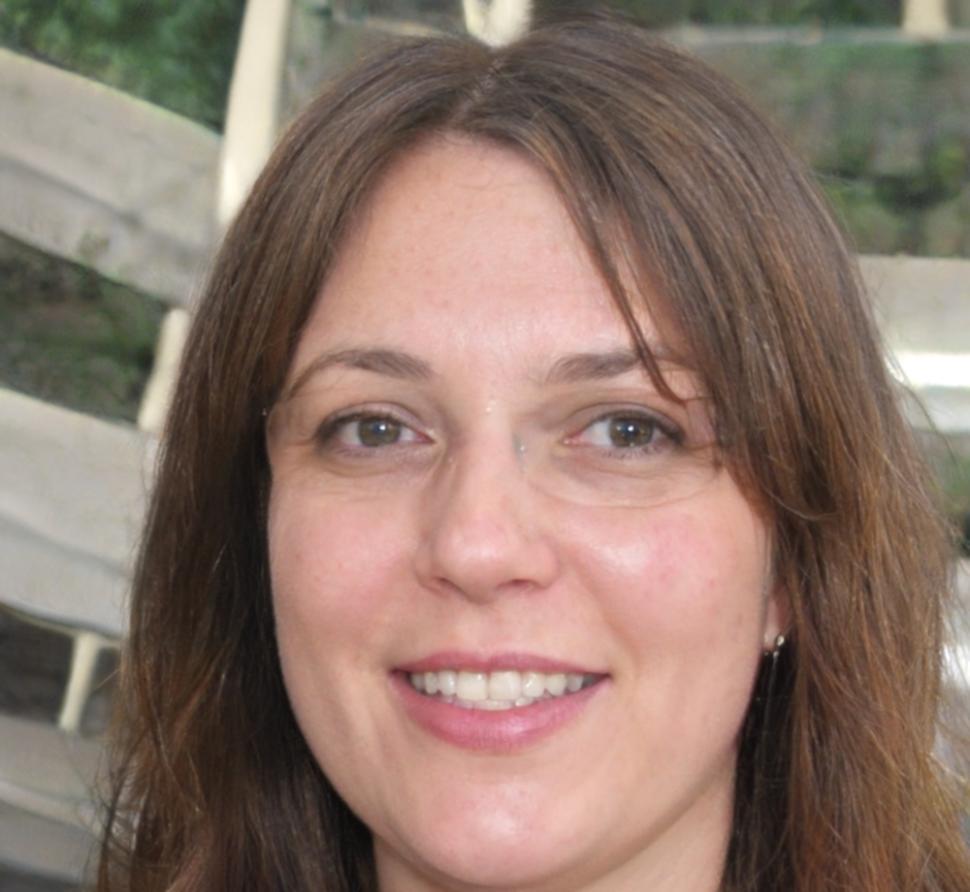Budget Planning That Actually Works
Most people approach budgeting backwards. They track what happened instead of planning what should happen. We teach a different method—one that starts with your real priorities and builds outward from there.
Our autumn 2025 cohort starts in October. You'll work through actual budget scenarios from Thai households and small businesses. No theory lectures. Just practical work you can use immediately.
Why Most Budget Training Fails
Here's what we noticed after working with hundreds of students: traditional courses teach spreadsheet formulas and accounting principles. That's fine if you want to be an accountant.
But if you need to actually manage money—whether for a family or a startup—those courses miss the point. You don't need more Excel tricks. You need to understand cash flow timing, seasonal variations, and how to make trade-offs when resources get tight.
So we built something different. Each session presents a real budget problem. Sometimes it's a family dealing with irregular income. Other times it's a small restaurant trying to survive low season in Rayong. You work through the problem, make decisions, and see the consequences.
By the end, you've made dozens of budget decisions. Some work. Some don't. But you learn from both.

What You'll Actually Do
The program runs 16 weeks. Sessions happen twice weekly—Tuesdays and Thursdays from 6:30 PM to 8:30 PM, starting October 7, 2025. You'll need about 3-4 hours weekly for homework, mostly working through budget scenarios.
Foundation Skills
Cash flow fundamentals. Income and expense categorization. Building zero-based budgets. Tracking systems that actually get used.
We start with personal budgets because they're simpler. Once you understand the core concepts, business budgets follow the same logic.
Weeks 1-4Real-World Complications
Irregular income patterns. Seasonal business cycles. Emergency funds and contingency planning. Debt management strategies.
This is where most people struggle, so we spend extra time here. You'll work through at least a dozen different scenarios.
Weeks 5-8Business Applications
Operating budgets for small businesses. Capital expenditure planning. Break-even analysis. Cash flow forecasting.
Even if you're not running a business now, these skills transfer directly to household financial planning.
Weeks 9-12
Eamon Thistlewood
Lead Instructor
Eamon spent fifteen years doing financial consulting for small manufacturers around Rayong. He's seen every budget mistake possible—including plenty he made himself early on.
What makes him effective as a teacher is that he doesn't pretend budgeting is simple. He knows where people get stuck and has developed workarounds that actually function in messy real-world conditions.
He runs the Tuesday sessions and handles most of the scenario development.
Siri Bannock
Workshop Facilitator
Siri works with microenterprises—street food vendors, small shops, service providers. She understands businesses where every baht counts and there's no margin for theoretical exercises.
She leads Thursday workshops where you apply what Eamon covered on Tuesday. Her feedback tends to be direct, which some people find challenging at first. But students consistently say her input was the most valuable part of the program.
She also coordinates the final project, where you create a complete budget plan for either your household or a business.

Join the Autumn Cohort
We limit each cohort to 24 students so everyone gets individual attention during workshops. The October 2025 session is filling up—we have 11 spots remaining as of early February.
Program fee is 18,500 baht, which includes all materials and ongoing access to our budget template library. Payment plans are available if needed.
Program Details
16 weeks, twice weekly sessions
October 7 - January 22, 2026
Tuesdays and Thursdays, 6:30-8:30 PM
Location
131/94 Thap Ma, Mueang Rayong
Rayong 21000, Thailand
10 minutes from Robinson Mall